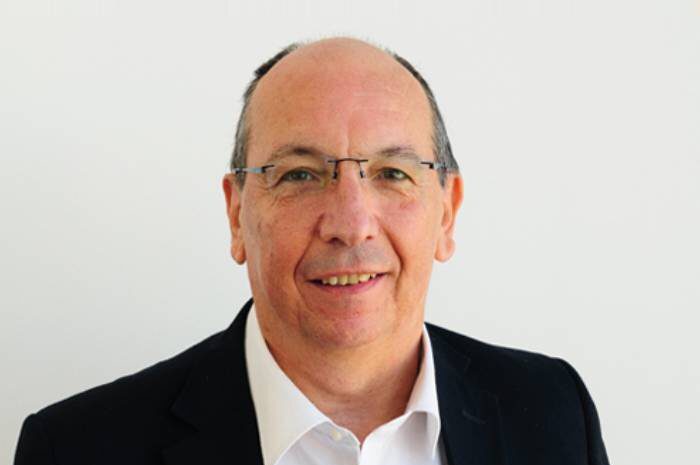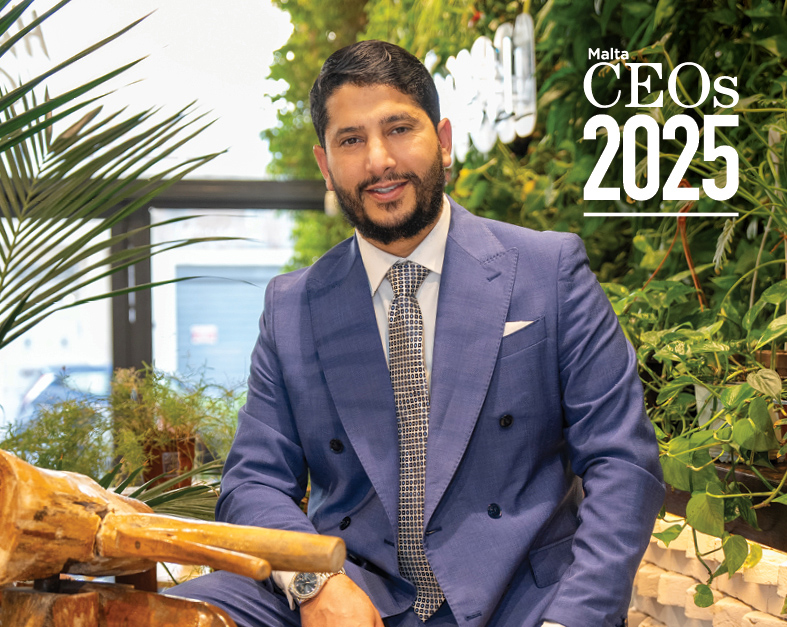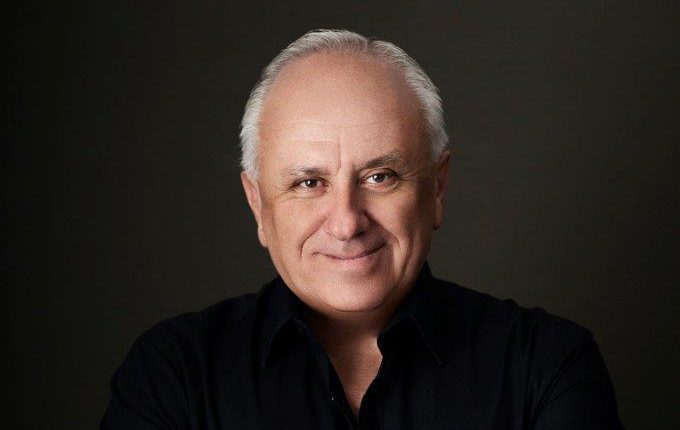ESG is a likely candidate for ‘corporate buzzword of the year’, as listed companies become subject to ever stricter regulatory requirements related to environmental, social and governance (ESG) reporting.
On a recent episode of the Malta Stock Exchange’s Executive Spotlight, Grand Harbour Marina Chairman Lawrence Zammit explained how Malta’s leading superyacht marina is embracing the requirements, and explained how these efforts are ultimately beneficial for the company.
Regarding governance, he noted Grand Harbour Marina’s recent establishment of a nominations committee to vet candidates to its Board of Directors, and the increase in the number of independent directors.
“Independent directors have an important role to play in a company’s governance,” he said, by bringing in an outside perspective.
On the social side, Mr Zammit highlighted the role companies of all kinds have in supporting and nurturing the communities they are active in.
These communities can be of a sectoral, geographic or corporate nature, among others, with Grand Harbour Marina supporting interest groups as varied as the yacht races, the Vittoriosa Local Council, and the Malta Association of Small Shareholders.
“We place great importance in working with the communities with which we are operating,” he said.
Turning finally to the environmental aspect, Mr Zammit stated that the marina “set the standard” locally for the treatment of black water, which includes toilet waste and often contains harmful bacteria or viruses.
As for the mitigation of climate change risk, he said the increasing prevalence of winter storms with the potential of causing significant damage has led Grand Harbour Marina to invest in additional safety and security measures, to keep boats properly moored.
All of these different considerations form part of the company’s ESG considerations, but they are not separate to its core operations. Rather, as Mr Zammit explained, it is about understanding how any given company’s activities relate to ESG, and how additional requirements can be used to strengthen the company’s position.
Networking that works: Real advice for building meaningful connections
Effective networking is about building authentic, lasting relationships.
Built for resilience: Inside Accolade Industrial Fund’s decade of strategic growth
Accolade Industrial Fund represents a €1.92 billion real estate powerhouse – now it invites Malta’s investors to share in the ...
73% of Maltese social media users follow brands: Why CEO messaging is no longer optional
The data shows a clear appetite for personal connection
‘Immense pride and gratitude’: David Curmi reflects on one year of KM Malta Airlines
'Every individual plays a crucial role.'









